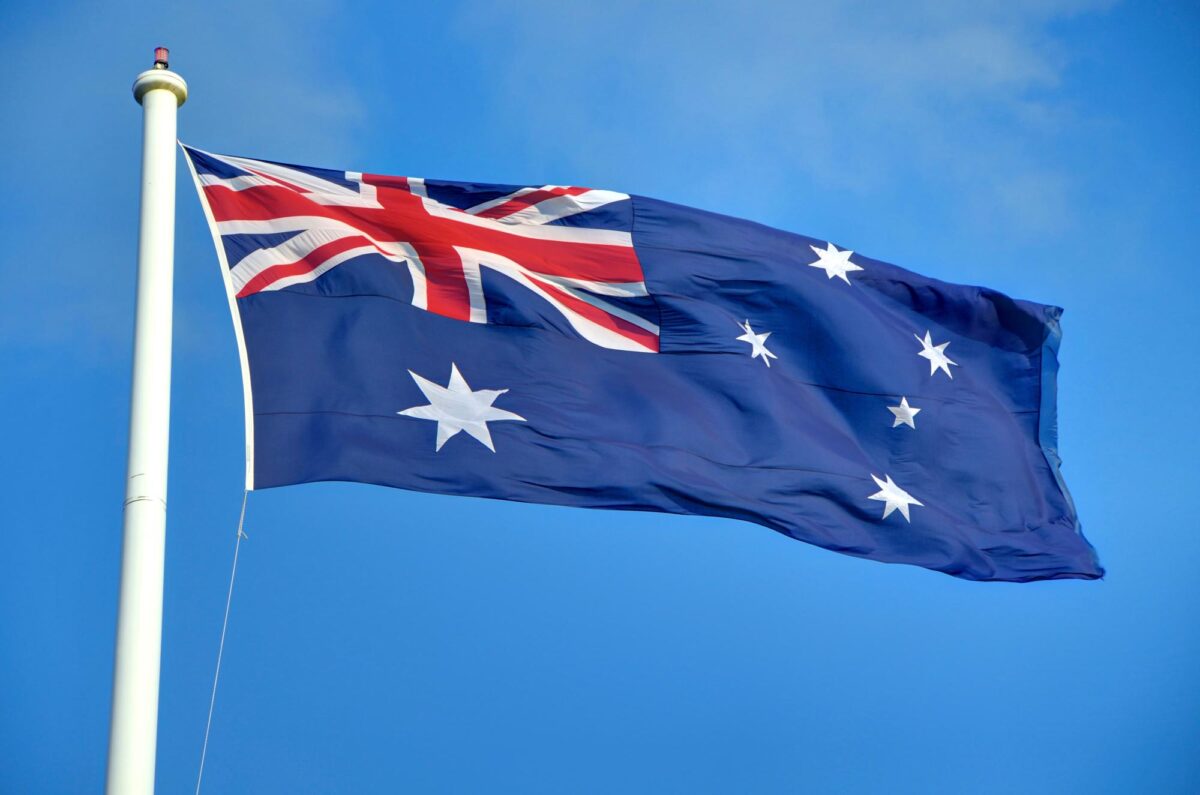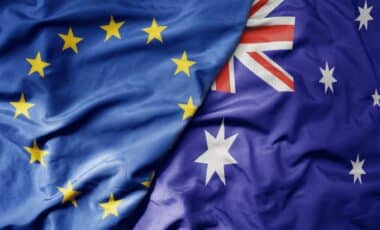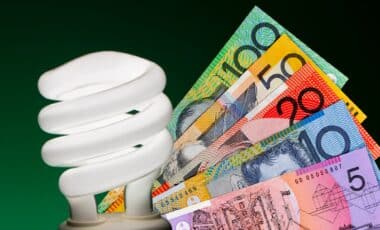Labor and the Coalition have reached a last-minute agreement on election funding reform, securing higher donation limits and disclosure thresholds than initially proposed. The deal introduces federal caps on political fundraising and spending for the first time, while critics argue it disproportionately benefits major parties.
Australia is set to introduce its first federal-level caps on political donations and election spending following an agreement between the two major parties. The deal, finalised after extended negotiations, raises the proposed donation limits and increases the threshold for disclosure, signalling a significant shift in the regulation of political financing.
The agreement, struck just before the bill was due to be debated in the Senate, ensures a more lenient framework than Labor’s initial proposal. While it introduces long-awaited controls on political funding, concerns have emerged over the implications for minor parties and independent candidates.
Higher Donation Caps and Increased Disclosure Threshold
Under the terms of the agreement, the maximum amount an individual donor can contribute to a candidate or political party will be $50,000, more than double the $20,000 cap originally proposed by Labor, according to the bill’s details. Additionally, political parties with a full federal structure—such as Labor, the Liberal Party, the Nationals, and the Greens—can receive donations separately through their state and territory branches, effectively raising the total limit to $450,000 per donor.
The threshold for disclosing donations has also been revised. While Labor initially sought to lower it to $1,000, the final agreement sets it at $5,000, a figure that remains significantly lower than the current $16,900 threshold. This adjustment aims to improve transparency, as it will reduce the proportion of undisclosed political donations in federal elections.
According to the agreement, third-party campaigners, including organisations such as GetUp, Advance Australia, the Business Council of Australia, and the Australian Council of Trade Unions (ACTU), will also be subject to a spending cap of $11 million.
Major Parties Secure Financial Advantage as Crossbench Raises Concerns
Despite the introduction of spending limits, the bill has drawn criticism from minor parties and independent MPs, who argue that the reforms entrench the dominance of the major parties. Greens Senator Larissa Waters accused Labor and the Coalition of “rigging the system to lock out their competitors,” according to public statements.
Independent MP Kate Chaney echoed this sentiment, highlighting the speed at which the deal was pushed through Parliament. “The manner in which it’s been pushed through is a good indication that the major parties just do not want any scrutiny,” she stated.
A key point of contention is the $800,000 cap on campaign spending for individual candidates. Independents argue that this figure is insufficient, particularly when compared to the seven-figure sums that high-profile independent candidates—particularly the “teal” independents—relied on in the 2022 federal election.









